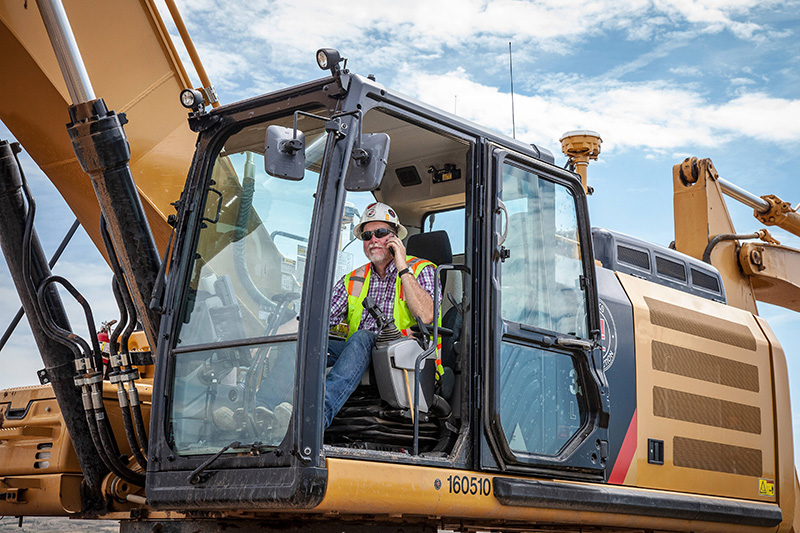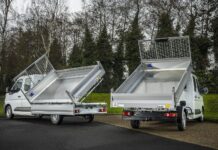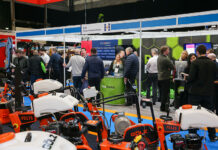Construction has always been a balancing act, but for smaller firms, the pressures feel heavier than ever. Rising material prices, soaring fuel costs, and a shortage of skilled labour leave many focused on survival rather than sustainability. Here, Danielle Barker, strategic accounts manager at SITECH UK & Ireland, explores how the same technologies that help keep projects on schedule and costs under control can also deliver meaningful environmental gains.
Sustainability is often framed as the domain of large infrastructure schemes with dedicated teams to measure and report on carbon savings. Increasingly, though, clients across the board are asking contractors to demonstrate progress in reducing emissions and improving efficiency. For smaller firms, this can feel like a barrier. Yet the principle is straightforward; when you save time and money by working more precisely, the environmental benefits follow naturally.
Take fuel, for example. A Trimble study showed that horizontal steering control on a compactor can cut carbon output by 27% and fuel use by 26%. For a contractor, those numbers mean more than an environmental metric; they represent real, measurable savings on the fuel bill. Precision reduces wasted passes, idling, and overdigging. It also limits the need for lorries hauling in replacement stone or carting away excess soil, easing congestion and emissions well beyond the site boundary.
Machine control is central to this shift. By guiding equipment to work exactly to design, it helps contractors cut unnecessary machine hours and reduce wasted movements. The result is greater efficiency, lower fuel use and fewer emissions; all achieved without the need for radical changes to existing practices.
Reducing waste and rework
Rework has long been one of the hidden drains on construction profitability. Every time material is moved unnecessarily or a surface is corrected, both time and resources are lost. Machine control addresses this by ensuring equipment follows design models with accuracy, reducing rework by up to 50%. For firms working to tight margins, that accuracy is key to staying competitive and cutting carbon.
Digital workflows extend these benefits even further. Platforms such as Trimble WorksOS give contractors access to real-time data, enabling them to track progress against design, manage deliveries more precisely and make decisions based on live site information rather than surveys that quickly become out of date. For smaller businesses, this clarity reduces risk and makes it easier to keep projects within budget, while ensuring that machinery, materials, and people are deployed where they deliver the most value.
While most small businesses may not be motivated to adopt digital tools for environmental reasons, they are often motivated by cost. When you cut fuel, rework and engineering costs, you’re automatically cutting carbon. For smaller firms adopting machine control, sustainability becomes a happy accident.
Lowering the barriers
In the past, many smaller contractors saw machine control as out of reach. The technology was too expensive, too complex, and too geared towards major projects. That perception is shifting. Systems are now designed with operators in mind, offering intuitive controls, built-in tutorials and remote support when needed. Training is fully supported, meaning teams can start seeing benefits quickly.
Affordability is also improving. SITECH UK & Ireland’s subscription and rental models remove the need for heavy upfront investment, opening the door for businesses with only a few machines. This flexibility makes it possible for firms of any size to access the same efficiency gains once reserved for large-scale projects.
Small steps, big impact
The path to net zero can seem daunting, particularly for firms already stretched by everyday challenges. Yet, many of the steps that lead towards lower-carbon delivery align closely with the commercial realities of running a successful business. Small changes, like reducing rework, managing fuel use and working with greater precision, add up to significant impact.
Machine control provides a practical entry point. By embracing tools that cut costs first and carbon as a byproduct, smaller contractors can strengthen their bottom line and contribute to a more sustainable construction sector. The shift doesn’t require extensive changes; just smarter, more efficient ways of working that benefit both the business and the environment.
• For more information on the machine control technology available through SITECH UK & Ireland, visit: https://www.sitechukandireland.com/en-gb/products












